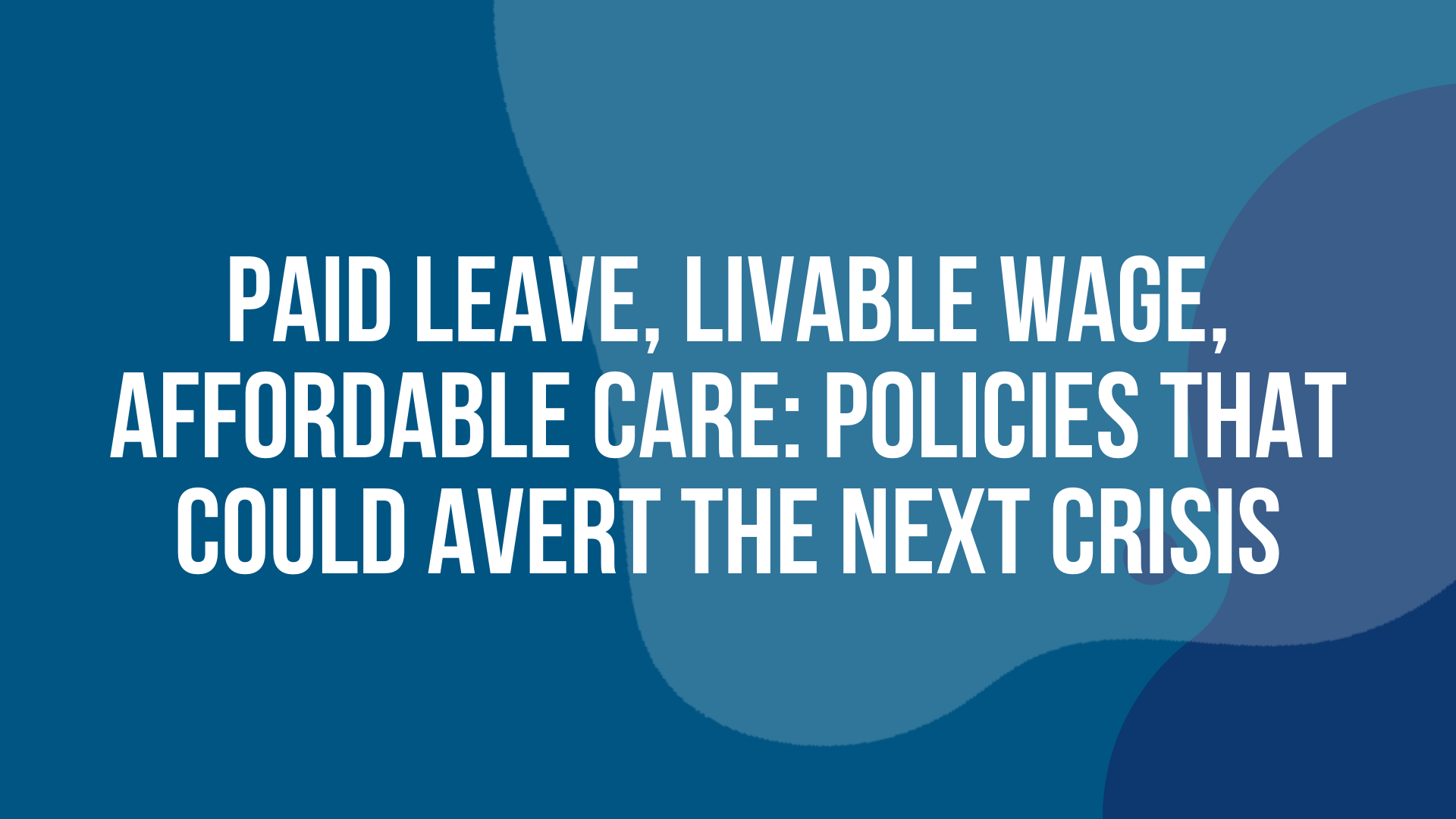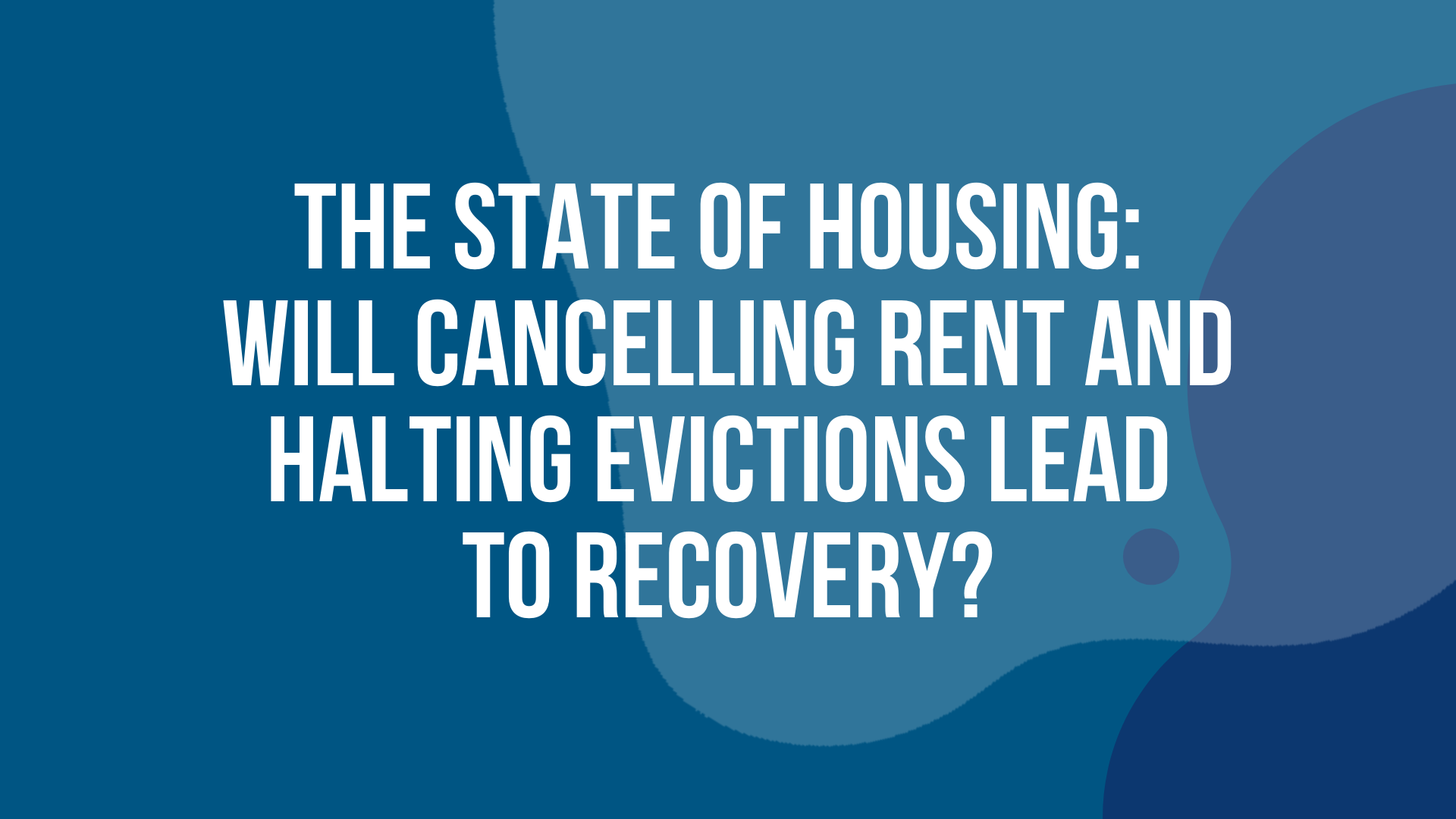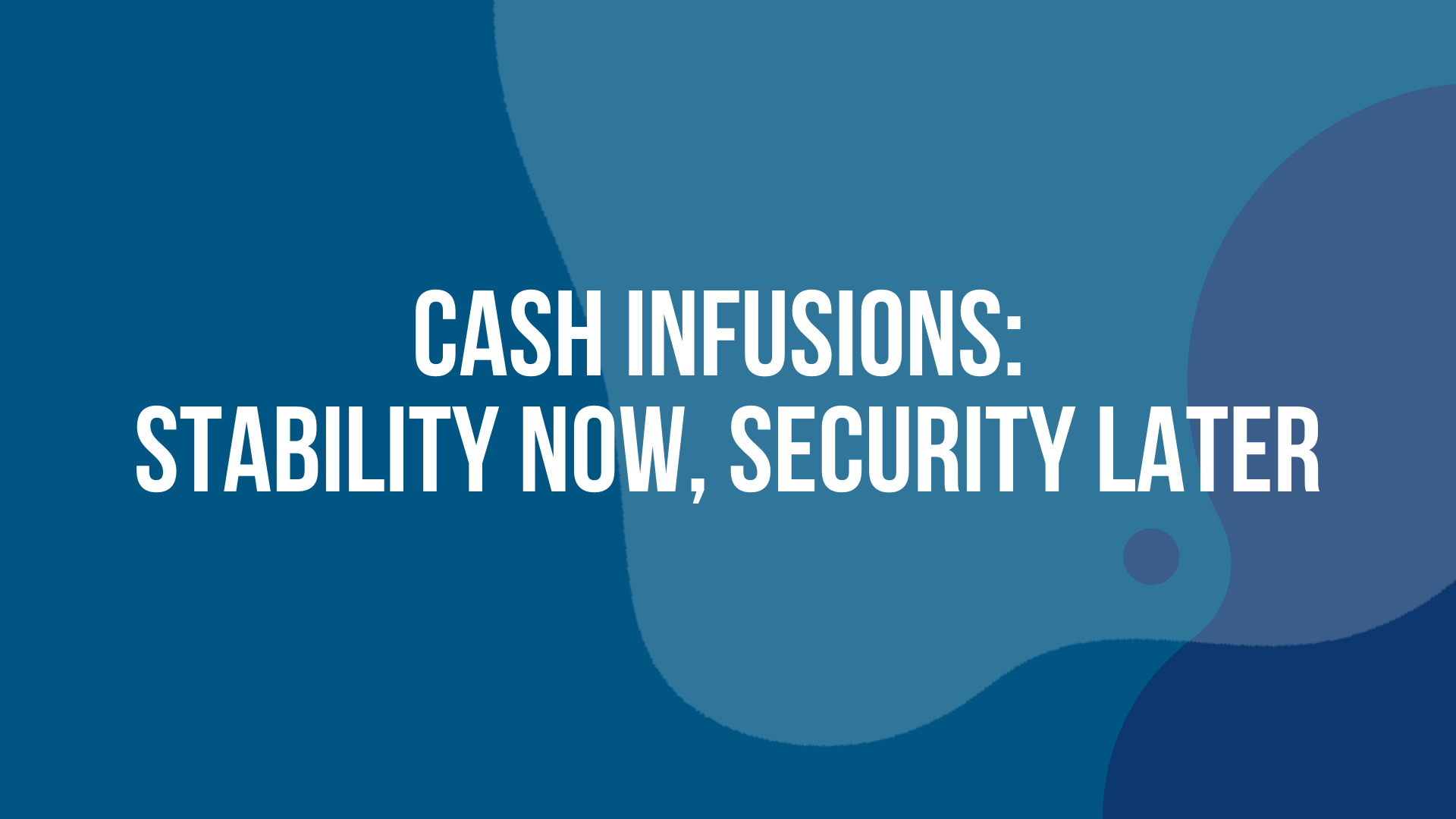Student Loan Debt: Is Cancellation What Our Economy Needs?
More than 40 million Americans have outstanding student loan balances – totaling over $1.5 trillion. The CARES Act provided temporary relief to borrowers, but payments will come due once again on *October 1—six months into the COVID-19 health crisis and its economic ramifications.
What role does student loan debt relief play in our nation’s economic recovery? The CARES Act has signaled that policymakers understand that borrowers need relief to reduce household expenses – and that it could free people up to seek education or training they will need in a transformed economy. How should we make decisions about who would benefit most, what cancellation priorities would look like, and how to design student loan cancellation that gives the economy the biggest possible boost?
Attendees left with an understanding of:
- Why the composition of people struggling with student debt may not be who you think it is
- What are the pros and cons of the existing cancellation proposals – and their impact on vulnerable populations
- How cancellation now could improve people’s short-term financial health – while strengthening our economy in the long-run
The Aspen Institute Financial Security Program’s research is made possible with support from the Annie E. Casey Foundation, MetLife Foundation, The Prudential Foundation, and the W.K. Kellogg Foundation.
*Since recording this event, student loan deferment has been extended to January 1, 2021.
Featured Speakers
 Joanna K. Darcus @joannaspeaks
Joanna K. Darcus @joannaspeaks
Staff Attorney, National Consumer Law Center, @NCLC4consumers
Joanna K. Darcus is a staff attorney who works on litigation, debt collection, and student loan matters. As part of the Student Loan Borrower Assistance Project, she represents low-income student loan borrowers, most of whom are people of color. Joanna uses advocacy and litigation to address predatory education and lending practices. From 2017-2019, she was the Massachusetts Legal Assistance Corporation Racial Justice Fellow at NCLC.
Prior to joining NCLC, Joanna was a supervising attorney at Community Legal Services, Inc. of Philadelphia. While there, she represented hundreds of low-income consumers sued by debt collectors or struggling with student loans. She also trained other advocates and pursued policy reforms.
Joanna is a graduate of Williams College and Duke University School of Law
She is a contributor to NCLC’s Student Loan Law and Surviving Debt.
 Marco Di Maggio
Marco Di Maggio
Ogunlesi Family Associate Professor of Business Administration, Harvard Business School, @HarvardHBS
Marco Di Maggio is a faculty member in the Finance Unit and a faculty research fellow at the National Bureau of Economic Research. Before joining HBS, he was a faculty member in the finance and economics division of Columbia Business School.
Professor Di Maggio has recently developed the first HBS course on FinTech tailored to MBA students. In 2019 Professor Di Maggio will lead a new Executive Education Program on Fintech. This program is ideal for rising executives in a broad array of financial institutions, from banks to asset management firms, as well as for individuals who are planning to launch new enterprises aimed at disrupting key areas of financial markets.
Professor Di Maggio’s current research focuses on financial intermediation with a particular focus on how new technologies have disrupted financial markets and its effects on firms and individuals. His work has been published in leading academic peer-reviewed journals such as the American Economic Review, Journal of Finance, Journal of Financial Economics, The Review of Financial Studies, Management Science and has been widely cited by outlets such as the Wall Street Journal, The Economist, Bloomberg, Institutional Investor, and Forbes.

Danielle Douglas-Gabriel
Reporter covering the economics of education, The Washington Post, @washingtonpost
Danielle Douglas-Gabriel covers student debt for The Washington Post. Danielle joined the national economy desk in July 2012 from Capital Business, a Post publication where she served as the local retail, hospitality and banking reporter. Before Capital Business, Danielle was the managing editor of Real Estate Forum, a commercial real estate trade magazine. Her writing has appeared in EbonyJet.com, the New York Sun and the New York Amsterdam News. She is the recipient of fellowships from the Donald W. Reynolds Journalism Institute and Columbia University Graduate School of Journalism.
 Kenneth Megan
Kenneth Megan
Associate Director of the Higher Education, The Bipartisan Policy Center, @BPC_Bipartisan
Kenneth Megan is the associate director for BPC’s Higher Education project where his research focuses on higher education financing and postsecondary student outcomes. Prior to joining BPC, Megan served as an economic fellow at Third Way where he analyzed labor market trends and higher education policy.
He holds a B.A. in economics and political science from Temple University and a Master in Public Policy from the University of Maryland.
What you Need to Know
- Making the Case: Solving the Student Debt Crisis
- How States Can Solve the Student Debt Crisis: A Framework for Reducing Student Debt Burdens for Present and Future Borrowers
- Student Loan Cancellation: Assessing Strategies to Boost Financial Security and Economic Growth
Learn more
This event is part of the Conversations in Financial Security in Response to COVID-19: How to Triage, Recover, and Stabilize series, an ongoing digital event series hosted by the Aspen Institute Financial Security Program that works to triage the immediate effects of the current pandemic, design solutions allowing households to recover, and address the structural challenges to stabilize financial security at the household level.


